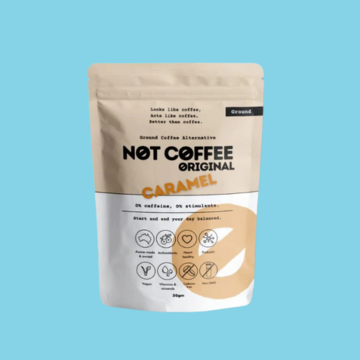Have you heard about phytoplankton, Mother Nature’s superfood from the sea? It’s a sustainability superhero, believed to have been the first living single-celled organisms on Earth and responsible for over half of the Earth’s oxygen production!
In this blog we dive deep on these ancient, microscopic marine plants to uncover what makes them one of the most nutritionally diverse wholefoods on the planet.

